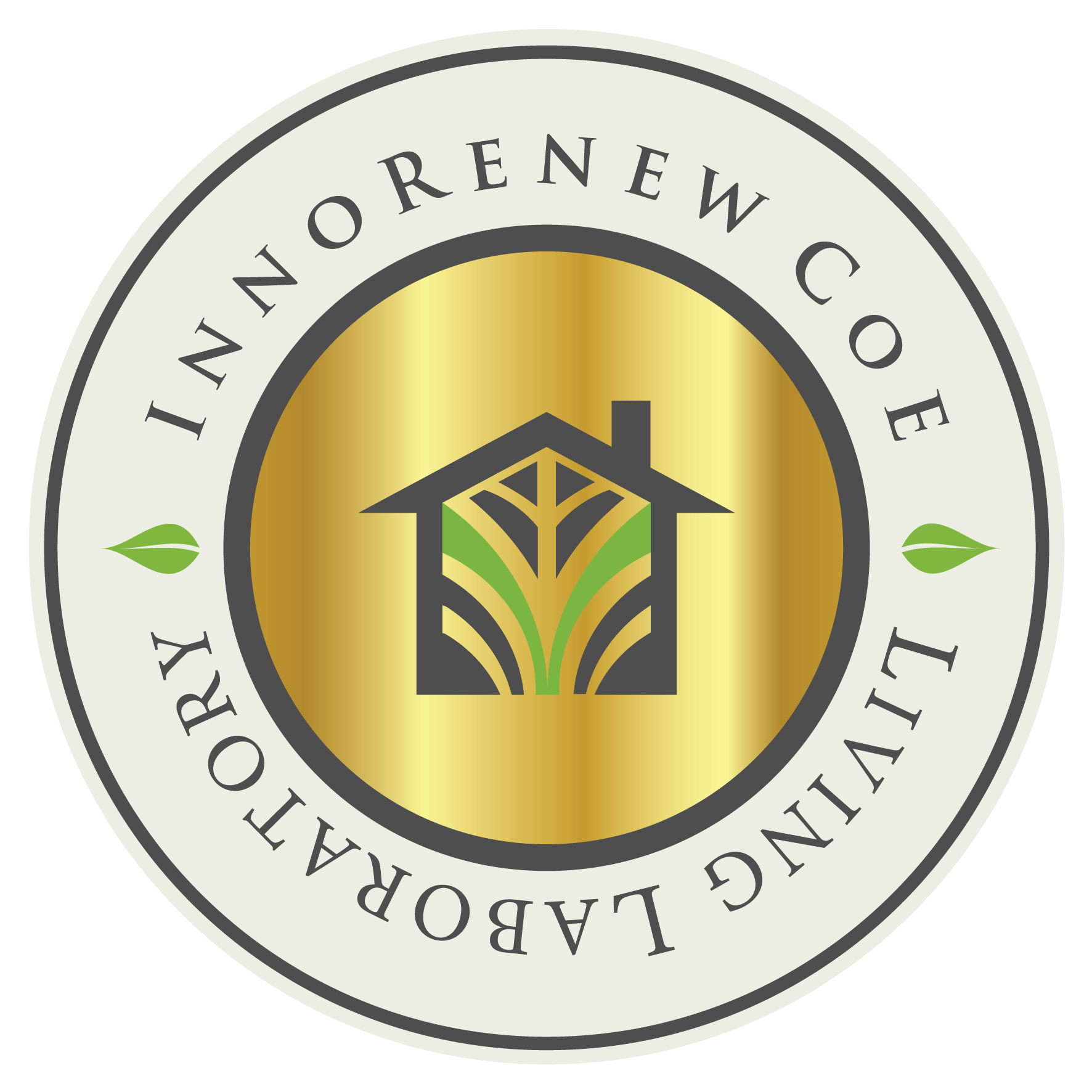četrtek, 9. november 2023 Timotej Turk Dermastia: Diatoms and their complex network of interactions with their pathogens, simbionts, grazers and ecosystem as a whole
V sredo, 15. novembra 2023, bo izveden 4. seminar iz morskih vsebin.
ČAS IN PROSTOR: Predavanje bo potekalo v Livadah 1.0 (Livade 6, Izola), predavalnica Epsilon (pritličje), od 12. do 13. ure.
------------------------------------
Predavatelj: Timotej Turk Dermastia
------------------------------------
Timotej Turk Dermastia is a marine biologist who transformed into a microbiologist during the course of his PhD. Currently, he is conducting postdoctoral research in the field of diatom interactions with their viruses and methods for the detection and characterization of novel diatom viruses. His PhD at MBP-NIB was focused on diatoms of the genus Pseudo-nitzchia, which is one of the most common diatoms encountered in the world's oceans but is also one of the few diatom genera that are occasionally harmful to the environment and humans due to the production of a toxin called domoic acid. During the PhD, under the supervision of Associate Professor Patricija Mozetič, he was a FEMS fellow in Banyuls-sur-Mer, France, and has received a Fulbright Postdoctoral fellowship, which will be conducted next year.
--------------------------------------------------------------------------------------------------------------------------
NASLOV: Diatoms and their complex network of interactions with their pathogens, simbionts, grazers and ecosystem as a whole.
--------------------------------------------------------------------------------------------------------------------------
Diatoms are one of the world's most important phytoplankton groups, responisble for roughly 40% of the total phytoplankton primary production. They typically form spring blooms, where they accumulate enormous biomass. They form important ecological interactions with numerous links in the food chain. Harmful diatoms in the genus Pseudo-nitzschia affect the ecosystem up to the top by forming a bioacumulating toxin domoic acid, capable of inducing mass mortality events in marine vertebrates. Most diatoms also produce compounds that impair the reproduction of zooplankton. Lately, viruses and bacteria associated with diatoms have also become the subject of studies worldwide as they show to have yet unaccounted for and very important ecological roles. In this seminar we will these exciting studies and look to the future for things yet to be discovered.









